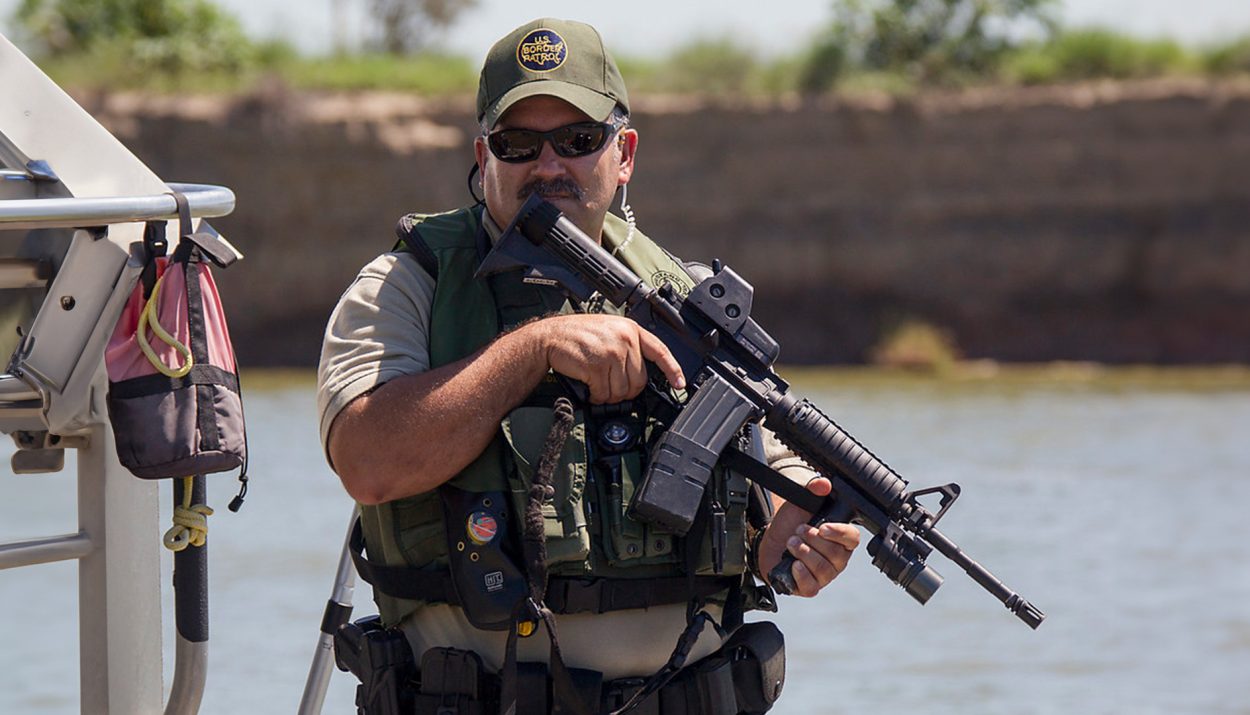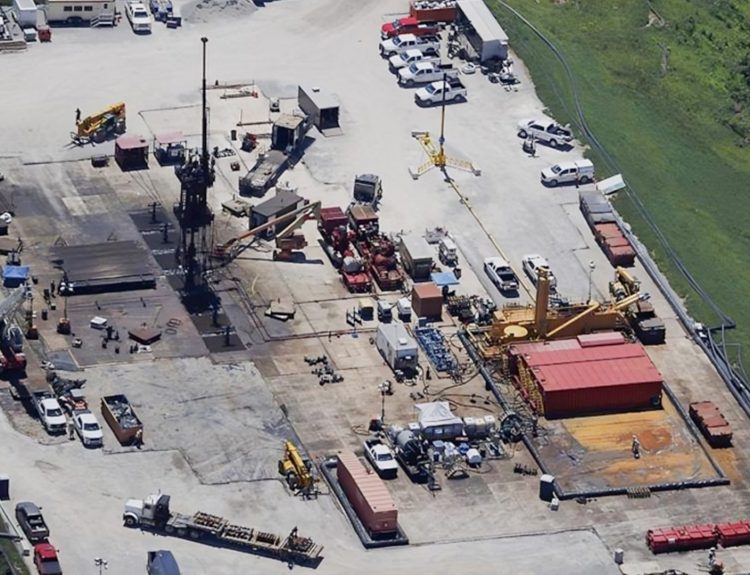In a stunning revelation, former US Border Patrol Chief Raul Ortiz exposed the Biden administration’s glaring lack of communication regarding the ongoing migrant crisis at the US-Mexico border. Ortiz’s candid interview has sparked outrage across the internet, as Americans question the leadership’s commitment to addressing this critical issue. Brace yourself for a deep dive into the shocking details and the ensuing social media firestorm.
Former Border Patrol Chief Drops Bombshell on ’60 Minutes’
During a tell-all interview on ’60 Minutes,’ Raul Ortiz, who recently retired as the head of the US Border Patrol, dropped a bombshell that has left the nation reeling. The former chief, who commanded a force of 21,000 agents, revealed that neither President Joe Biden nor Vice President Kamala Harris ever engaged in a single conversation with him during his two-year tenure. This startling admission has raised serious questions about the administration’s handling of the border crisis.
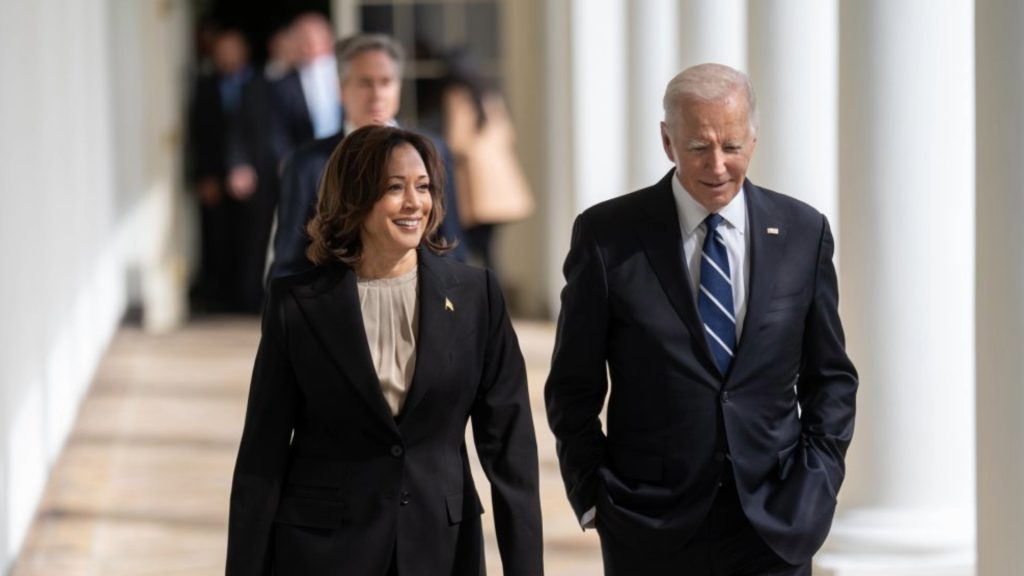
Ortiz, visibly frustrated, emphasized the gravity of the situation, stating, “I’ve never had one conversation with the president or vice president. I was the chief of the Border Patrol, I commanded 21,000 people. That’s a problem.” His words have resonated with the American public, who are now demanding answers from the nation’s top leaders. The revelation has fueled concerns about the administration’s apparent lack of engagement with those on the front lines of the border security battle.
Mixed Messages and Migrant Surge: Ortiz Speaks Out
During his tenure, Raul Ortiz witnessed an unprecedented surge in border crossings, with approximately 4.5 million migrant encounters. He oversaw the formation of massive migrant camps, including the infamous encampment under the Del Rio bridge that housed thousands of Haitian migrants. Despite the gravity of the situation, Ortiz never had the opportunity to meet with Biden or Harris, raising eyebrows across the nation.
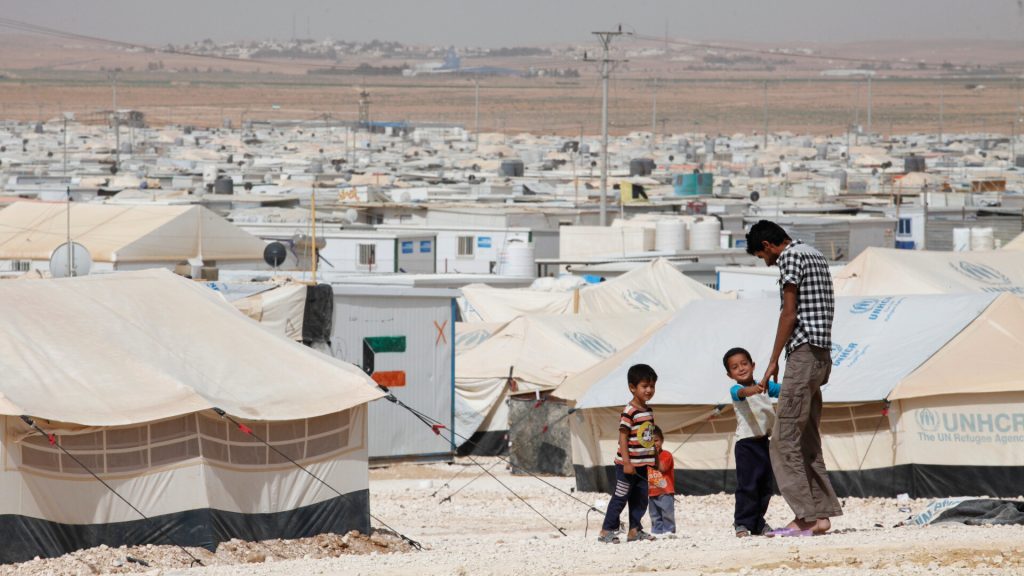
Ortiz criticized the administration for sending mixed messages to migrants, affirming that the lack of clarity was a significant problem. He stressed the need for a clear and consistent message to be conveyed to Central America, South America, and Mexico, emphasizing that those who cross the border illegally without a legitimate asylum claim will be sent back. The former chief’s words have struck a chord with Americans who are demanding a more decisive approach to the border crisis.
“A Bad Look”: Experts Weigh In on Lack of Communication
The revelation that President Biden and Vice President Harris never communicated with the chief Border Patrol agent has raised eyebrows among experts and the public alike. Seth McKee, a politics professor at Oklahoma State University, told NBC Montana, “That’s a really bad look if that’s the case, that Biden is not in communication with the chief Border Patrol agent down there.” The lack of communication has only served to fuel Republican criticisms of Biden’s approach to border security.
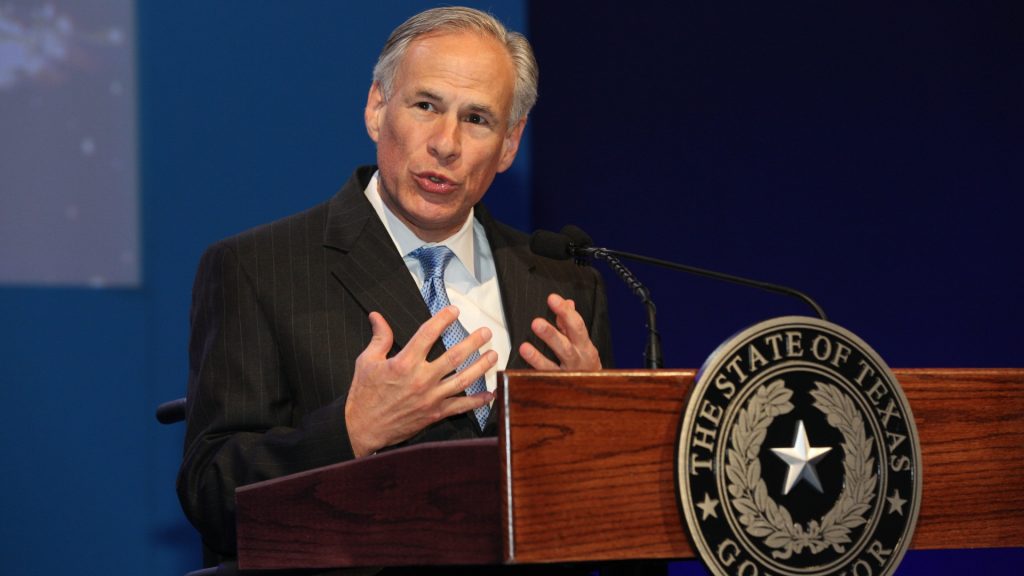
The Biden administration’s handling of the border crisis has faced intense scrutiny, particularly from Republican lawmakers and officials. Texas Governor Greg Abbott, who has clashed with the federal government over border security measures, stressed the need for comprehensive strategies beyond political posturing. Ortiz echoed this sentiment, criticizing the use of National Guard troops and Border Patrol agents as pawns in a political game that ultimately benefits criminal cartels.
Political Pawns and Cartels: Ortiz Criticizes Misguided Strategies
Raul Ortiz pulled no punches when discussing the misguided strategies employed at the border. He criticized the decision to concentrate personnel in a small, 2-mile stretch for the sake of media coverage while neglecting the other 200 miles of the border. “When agencies are making a decision based upon politics or whether they’re going to get media coverage, ‘Hey, we’re going to put all our personnel in this 2-mile stretch,'” Ortiz said, “What about the other 200 miles?” he added.
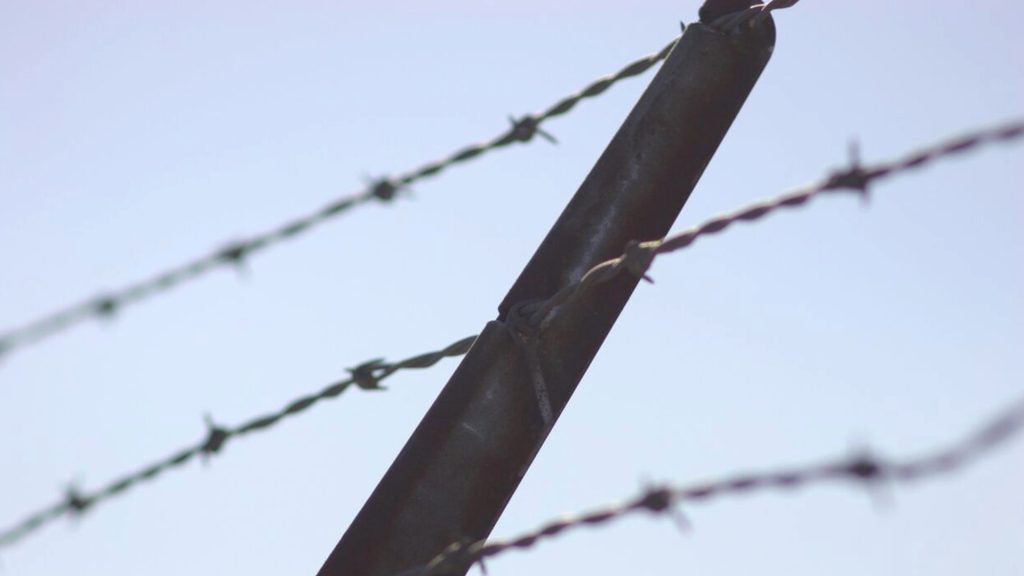
Ortiz’s criticism highlights the dangerous consequences of prioritizing political optics over effective border security measures. By concentrating resources in a small area for media attention, vast stretches of the border are left vulnerable, allowing criminal cartels to operate with impunity. The former chief’s words serve as a wake-up call to the administration and the American public, emphasizing the need for a comprehensive and strategic approach to the border crisis.
Border Crisis Takes Center Stage in American Politics
The border crisis has become a focal point in American politics, with immigration ranking as the top concern according to a recent Gallup poll. Disapproval of Biden’s immigration policies is widespread, with just 28% of Americans approving of his approach, according to Gallup. The Pew Research Center found that 80% of Americans believe the government is doing a poor job at the border, reflecting bipartisan dissatisfaction with current policies.
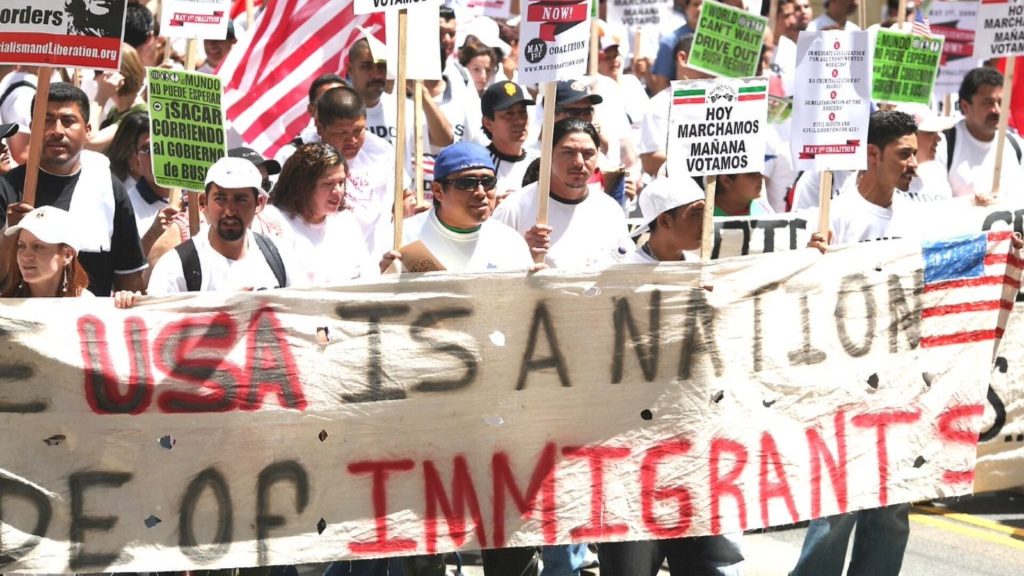
The overwhelming disapproval of the administration’s handling of the border crisis underscores the urgent need for action. Americans across the political spectrum are demanding a more effective and strategic approach to border security, one that prioritizes the safety and well-being of both the nation and those seeking asylum. The revelations from former Border Patrol Chief Raul Ortiz have only intensified the pressure on the Biden administration to address this critical issue.
Social Media Erupts in Outrage Over Ortiz’s Revelations
As news of Raul Ortiz’s shocking interview spread, social media platforms erupted in outrage. One user on X (formerly Twitter) exclaimed, “How can this possibly be??? The administration CARES SO MUCH about the border and yet not 1 call from Biden or the border czar, Harris. Watch what they do, not what they say. Raul Ortiz better get ready to be arrested by the FBI.” The sarcastic tone of the post reflects the growing frustration among Americans who feel that the administration’s actions do not align with their rhetoric.

Another user pointed out the apparent contradiction in the administration’s stance, writing, “That’s not surprising, for the Biden administration the chaos at the border was a solution, not a problem.” This sentiment echoes the concerns of many who believe that the lack of communication with Ortiz is indicative of a larger problem: the administration’s reluctance to confront the border crisis head-on. The social media firestorm has put immense pressure on the White House to address these concerns and provide a clear and effective plan for securing the border.
“Why the Mixed Signals?”: Americans Demand Answers
As the social media uproar continued, one user posed a poignant question: “Why the mixed signals?” This query encapsulates the confusion and frustration felt by many Americans who are struggling to understand the administration’s approach to the border crisis. The lack of clear communication and the apparent disconnect between the White House and those on the ground have left the nation searching for answers.
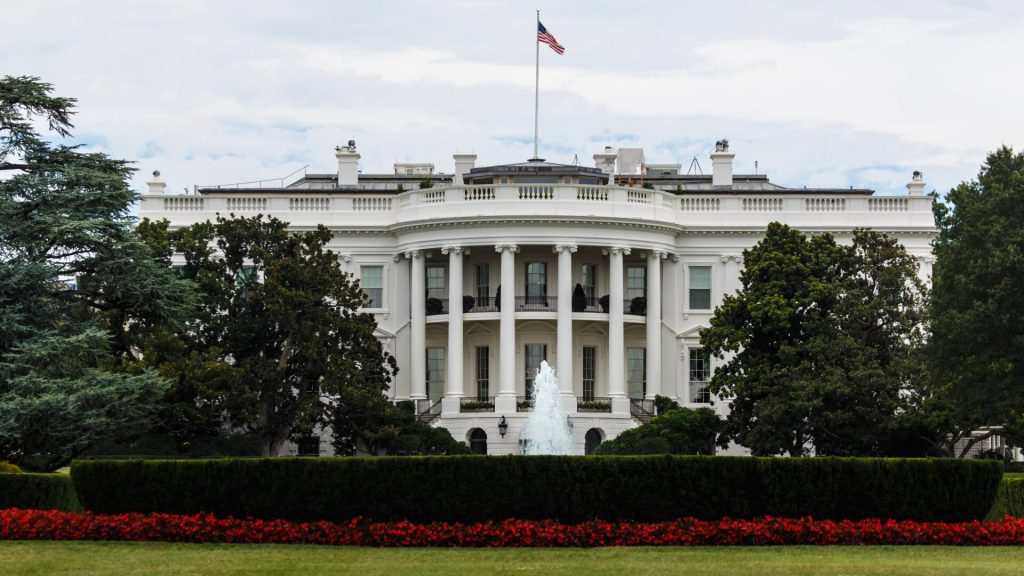
Another user offered a potential explanation for the administration’s lack of communication with Ortiz, alleging, “If they let someone speak who knows what’s happening at the border they won’t be able to control the narrative with their low-information voters.” This comment highlights the growing distrust among some Americans who believe that the administration is more concerned with controlling the narrative than addressing the reality of the situation at the border. The social media backlash has put immense pressure on the Biden administration to provide transparency and accountability regarding their handling of the border crisis.
Ortiz’s Retirement: A Loss for Border Security
Raul Ortiz’s retirement in May has left a significant void in the leadership of the US Border Patrol. During his two-year tenure as chief, Ortiz witnessed firsthand the challenges and complexities of securing the nation’s borders. His experience and insight would have been invaluable in developing effective strategies to address the ongoing migrant crisis. However, the lack of communication with the president and vice president during his time as chief raises concerns about the administration’s commitment to working with those on the front lines.
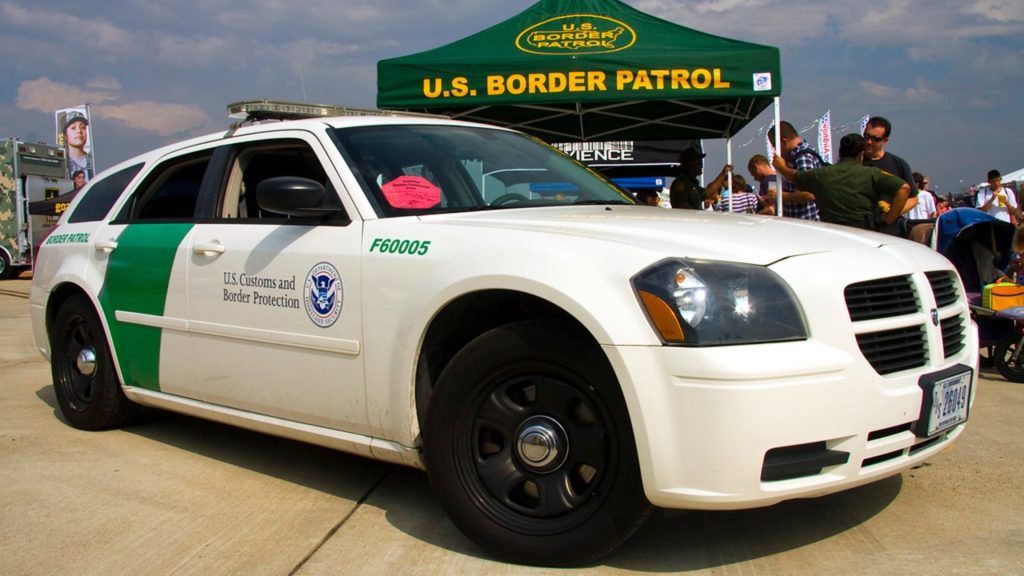
The loss of Ortiz’s leadership comes at a critical time for border security. With the migrant crisis showing no signs of abating, the need for experienced and knowledgeable leaders who can navigate the complex political and logistical challenges is more pressing than ever. The administration must work to bridge the gap between the White House and those tasked with securing the border, ensuring that the insights and expertise of professionals like Ortiz are not lost in the shuffle of political posturing and media narratives.
The Human Cost of the Border Crisis
Amidst the political debates and social media outrage, it is essential to remember the human cost of the border crisis. The thousands of migrants who have crossed the border in search of a better life often face unimaginable hardships and dangers. From the perilous journey through Central America and Mexico to the squalid conditions in overcrowded detention facilities, the human toll of the crisis cannot be overstated.
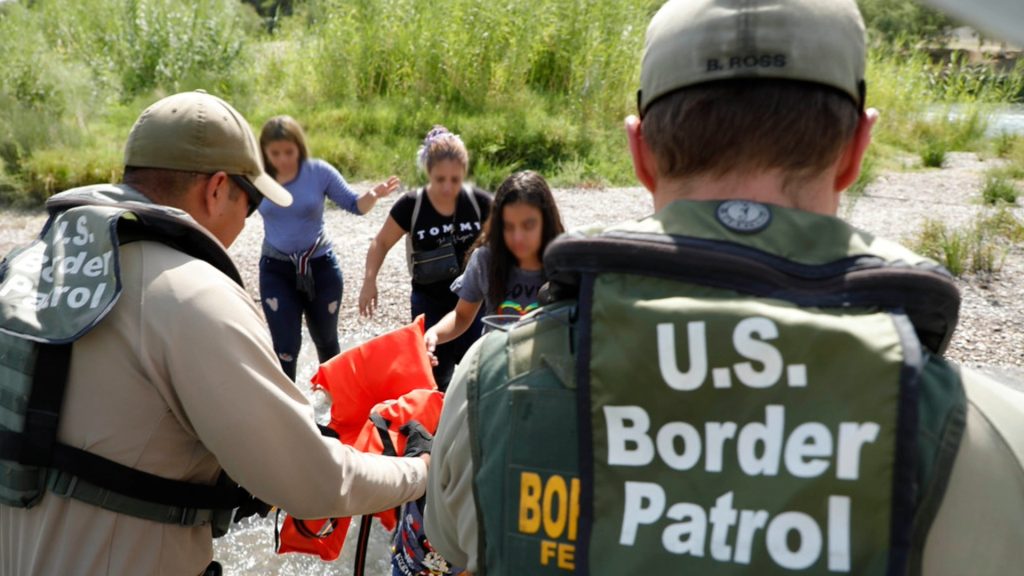
The revelations from Raul Ortiz’s interview serve as a stark reminder that the border crisis is not just a political issue, but a humanitarian one. The lack of clear communication and effective strategies from the highest levels of government has real-world consequences for the migrants who are caught in the middle. As the nation grapples with the complex challenges of border security, we must never lose sight of the human lives at stake and the urgent need for compassionate and practical solutions.
The Path Forward: Bipartisan Solutions Needed
As the fallout from Raul Ortiz’s interview continues to reverberate across the nation, it is clear that bipartisan solutions are needed to address the border crisis effectively. The overwhelming disapproval of the administration’s handling of the issue, as evidenced by recent polls, underscores the urgent need for a more collaborative and strategic approach. Politicians on both sides of the aisle must put aside their differences and work together to develop comprehensive policies that prioritize both national security and human rights.

The path forward will not be easy, but it is essential. The insights and experiences of professionals like Raul Ortiz must be taken into account, and the concerns of the American people must be heard. Only by engaging in honest and open dialogue, and by putting the well-being of the nation and those seeking asylum first, can we hope to find lasting solutions to the border crisis. The time for action is now, and the stakes could not be higher.
Lessons Learned: Transparency and Accountability
The revelations from Raul Ortiz’s interview have exposed glaring issues within the Biden administration’s approach to the border crisis. The lack of communication with the chief Border Patrol agent, the mixed messages sent to migrants, and the prioritization of political optics over effective strategies have all contributed to the current state of affairs. Moving forward, it is crucial that the administration learns from these missteps and embraces a new era of transparency and accountability.
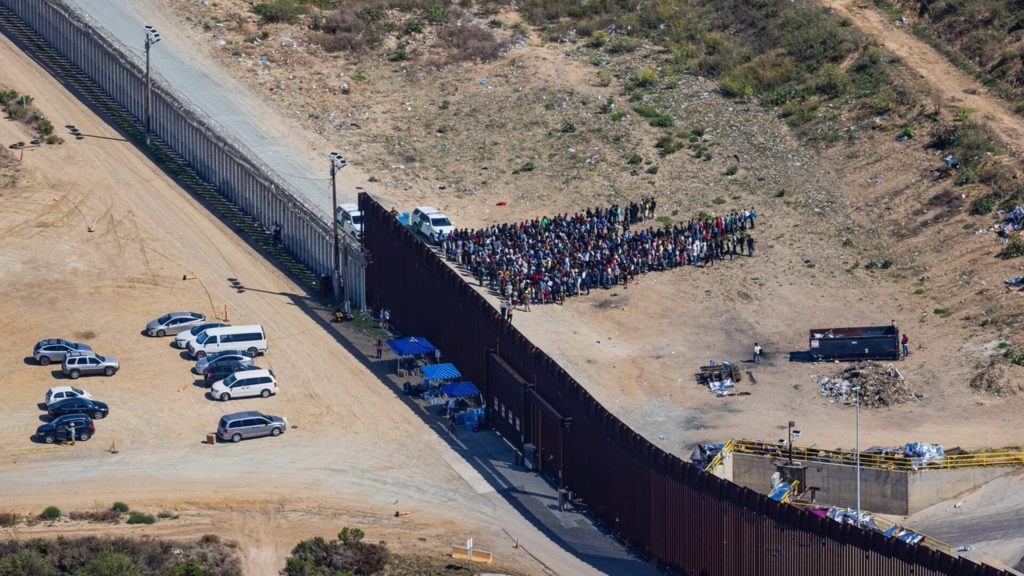
Transparency and accountability must be the guiding principles as the nation works to address the border crisis. The American people deserve to know the truth about what is happening at the border, and those in power must be held responsible for their actions (or lack thereof). Only by shining a light on the issues and engaging in honest and open dialogue can we hope to restore trust in our institutions and develop effective solutions to this complex and pressing problem.
A Call to Action: The American People Demand Change
The social media firestorm ignited by Raul Ortiz’s interview is a clear indication that the American people are fed up with the status quo when it comes to border security. The overwhelming disapproval of the administration’s handling of the crisis, as evidenced by recent polls, is a resounding call to action. The nation demands change, and it is up to our elected officials to listen and respond with the urgency and seriousness that this issue deserves.
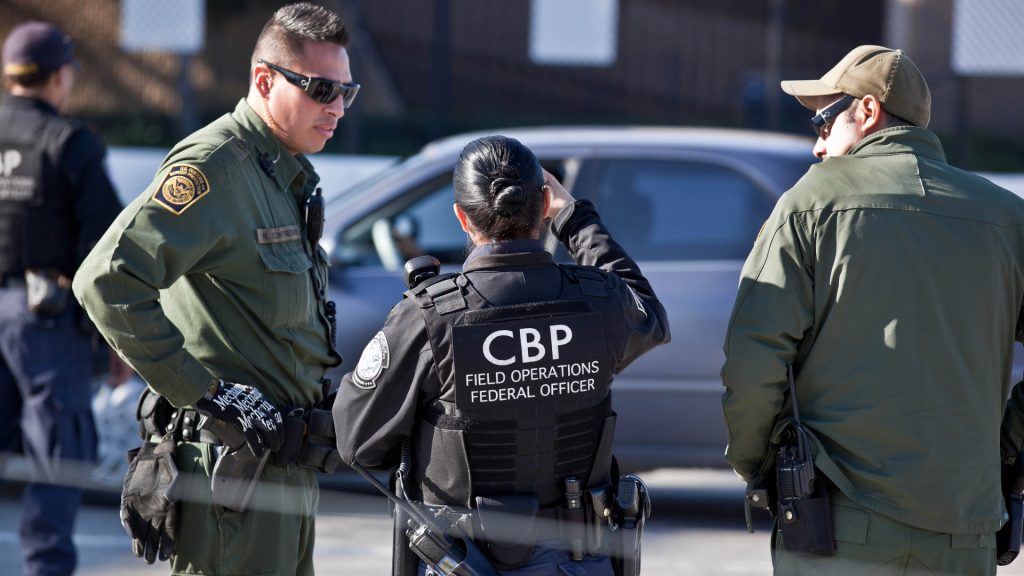
The path forward will require courage, compassion, and a willingness to put aside political differences in the name of the greater good. The American people have spoken, and their message is clear: the time for half-measures and political posturing is over. We need real, substantive change, and we need it now. The revelations from Raul Ortiz’s interview must serve as a catalyst for action, a wake-up call that we can no longer afford to ignore. The future of our nation depends on it.
The Road Ahead: Hope and Determination
Despite the daunting challenges ahead, there is reason for hope. The outpouring of concern and demand for action from the American people in the wake of Raul Ortiz’s revelations is a testament to the strength and resilience of our democracy. When the people speak, those in power must listen, and the groundswell of support for meaningful change on the border issue is a powerful force that cannot be ignored.

As we move forward, we must do so with determination and a sense of shared purpose. The road ahead will be long and difficult, but we must not lose sight of the ultimate goal: a secure border, a safe nation, and a system that treats all people with dignity and respect. By working together, holding our leaders accountable, and never losing sight of our common humanity, we can overcome the challenges before us and build a brighter future for all.
A Nation United: Securing Our Borders, Protecting Our Values
The revelations from Raul Ortiz’s interview have served as a powerful reminder of the work that lies ahead in addressing the border crisis. The lack of communication, the mixed messages, and the prioritization of politics over effective solutions have all contributed to the current state of affairs. But the outpouring of concern and demand for action from the American people in the wake of these revelations is a testament to the strength and resilience of our democracy.

As we move forward, we must do so as a nation united. We must hold our leaders accountable, demand transparency and effective action, and never lose sight of the values that define us as a people. The path ahead will not be easy, but with determination, compassion, and a commitment to the greater good, we can overcome the challenges before us. By working together, we can secure our borders, protect our values, and build a future that upholds the promise of America for all who seek it.

